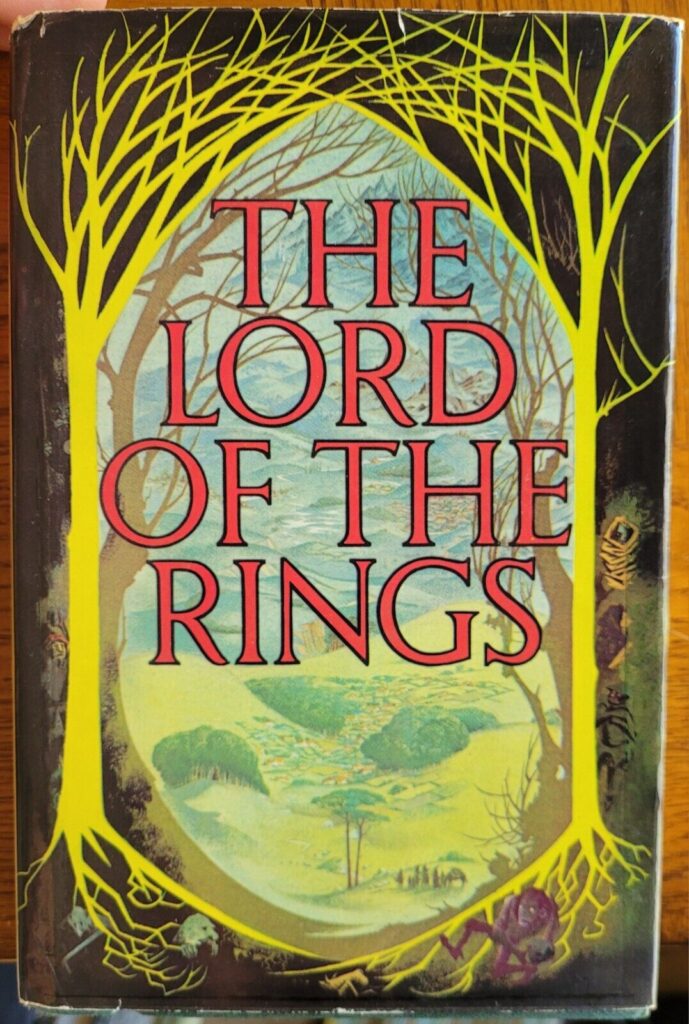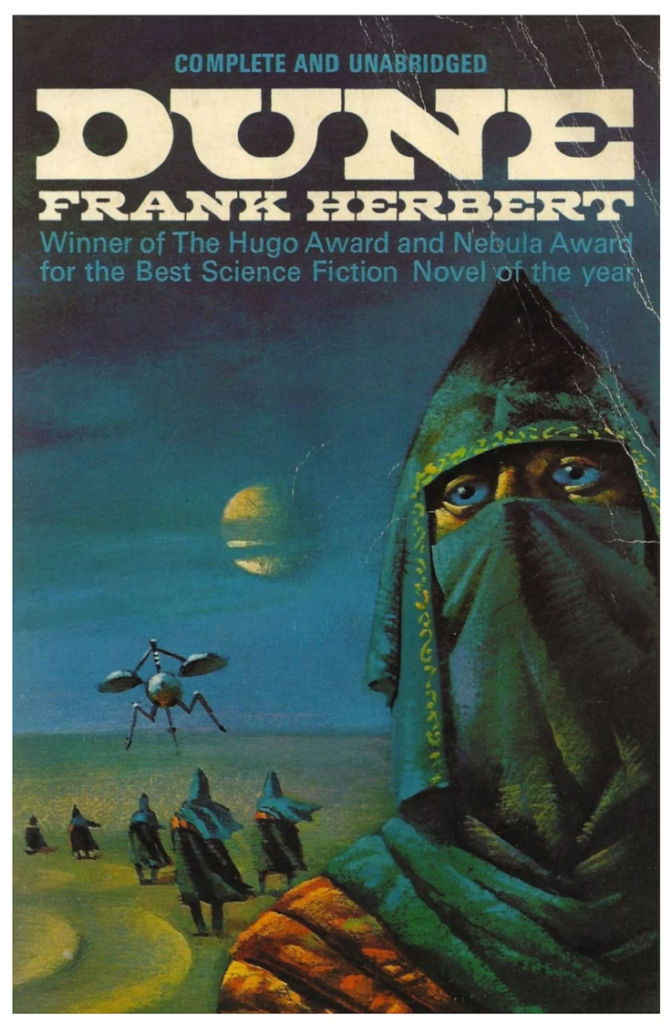I grew up without a television and in a tiny town with no other kids. So I read. A lot.
Keeping this list to just five major influencers was therefore a major challenge. These are in no particular order.
Mary Stewart

Mary Stewart is primarily known for her Merlin series, which is how I came to know her.
I picked up the Crystal Cave in hardcover from my high school library, and then The Hollow Hills. The last two books hadn’t been written then. But I fell in love with history and Ancient/Roman Britain because of Mary Stewart’s portrayal. She stripped the Arthurian legend of all mysticism and presented it as a series of real, historical events, and the characters as real people with real emotions and motivations.
Because of Mary Stewart I was utterly hooked on history, all things ancient, Roman Britain, Arthur, and the formation of Anglo-Saxon England (i.e., the invasion of the Vikings). Her interpretation of the few facts that remain from that period have completely coloured my perceptions of the period and you can find traces of that bias in my own stories.
George Lucas
George Lucas is technically a writer — he wrote the screenplays for the first two movies. He’s credited with writing the book for the first movie, but it has been generally acknowledged now that the book was ghost-written by Alan Dean Foster, based off Lucas’ script.
I consider a screenwriter a writer, and for the sake of this exercise, George Lucas is one of the single-most influential writers on my life because he’s the reason I started writing in the first place.
Lucas produced three of the most escapist science fiction movies of the latter third of the 20th century. These days, purists don’t even like to call them science fiction. They’re science fantasy. But when I was first exposed to Star Wars, I didn’t care a whit for any of that. As I lived in a town without a cinema, and couldn’t go back and rewatch the movie, I wrote the unofficial sequel.
Later, I moved on to writing original space opera, and I’ve been writing it ever since.
Robert Heinlein

If I had to put these five into an order, then Heinlein would have come first, simply because of the sheer range of influence he has had on me. I’ve read nearly all his books (he was staggeringly prolific — another major influence he has had on me as a professional writer. I’d love to match his output).
The two covers to the left are the two that I love the best out of all his books. Both can leave me weeping at the end, especially Time Enough for Love.
I started reading Heinlein’s books when I was in my early teens, and therefore impressionable. He left his mark, and most of my opinions on religion, sex, education, book learning and politics have been touched by him. Heinlein added to my appetite for history, too, which is astonishing when you consider he’s shelved in amongst the SF crowd.
Most importantly, he gave me a taste for thoughtful time travel – time travel that has consequences and where the Theory of Relativity isn’t overthrown for the sake of convenience.
JRR Tolkein

I was late in catching up with The Lord of the Rings. It seemed as though everyone else knew about the book before I did.
I caught a friend of mine reading it at high school, and asked her about it. It was her private copy, but she showed me where the copy was in the school library and I checked it out.
The first edition I read was the single volume, with the cover on the left.
Within two chapters I was utterly hooked. I knew the story. It was familiar to me. I don’t know if a primary school teacher had read chapters to me before, or if we had read extracts when I was much younger, but there was such a strong sense of recognition I nearly wept with it.
It was like a homecoming. I think I inhaled the entire three-book one-volume (plus appendices) in three days, going seriously short on sleep and reading during classes.
I have attempted to read other fantasy epics since then and all of them have paled in comparison. Faint copies at best, in my opinion.
I continued to read Lord of the Rings about once every year up until the movies came out. Now I try to watch the extended movies once a year, around Christmas time.
JRR Tolkein opened my mind up to the possibilities of old-fashioned story telling that involved strong character stuff like values: valor, courage, integrety — when the world was getting all trendy and self-conscious and trying very hard to be cool and hip. And, of course, Tolkien taught everyone major lessons about world building.
Frank Herbert

I first came across Dune as a thick paperback bearing the cover on the left, when I was 14.
I was instantly intrigued. The cost of that giant paperback was beyond my means as a high school student, so I dropped heavy hints around Christmastime, which were heard.
My copy of Dune was tattered and beloved by the time I moved to Canada twenty years later.
Herbert taught me how to blend mind-boggling concepts with unique settings and very human characters with flaws and feelings.
I have never been able to write quite the way Herbert did, though. He has a unique style that leaves you wondering if you’ve understood everything he’s implied. Which, often, I had not — although I had to grow up and put a few years of adult experience under my belt before I properly grasped the full sub-text of his narrative.
Now, as much older adult, I can re-read Dune and its sequels and still find new tidbits that intrigue. He simply does not date.
Honourable mentions:
Desmond Bagley – British thriller writer. Taught me that suspense and thrillers can be both thoughtful and entertaining …and even educational.
Peter O’Donnell – British thriller writer. That women characters can be just as strong a lead as men. And sexy doesn’t have to mean porn.
TH White. Author of The Once And Future King. Taught me the value and beauty of a well-told tragedy.
Stephen King. Point of view is – well – king.